tips
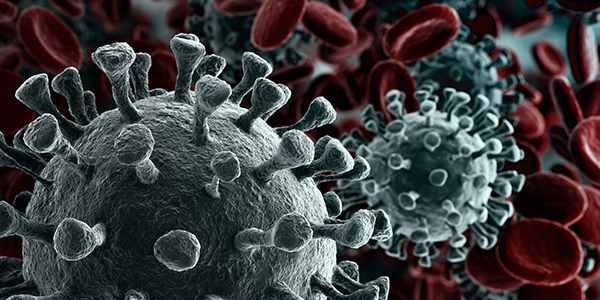
Here are what our leading hand hygiene and disinfectant product suppliers have to say about the effectiveness of their products against the coronavirus bacteria...
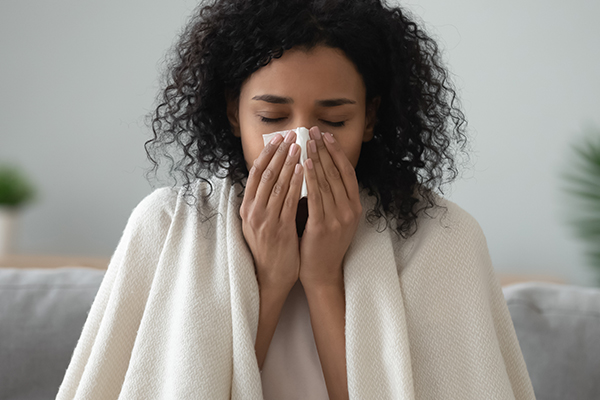
Introducing robust infection control procedures are undoubtedly the most import way to prevent cross contamination. Addressing infection control issues and introducing infection control measures is vital in all care homes, businesses and public areas as well as healthcare settings...
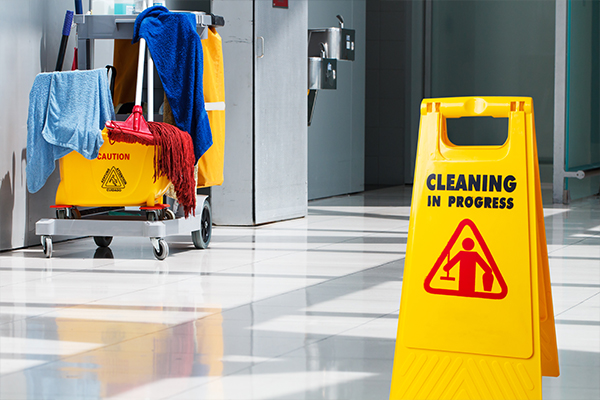
Ready to be your own boss? It’s something many of us dream of doing and, if you’re ready to make the move, you could consider setting up a cleaning business.
This market offers a lucrative opportunity for the competent residential cleaner. As a nation we work longer hours and so, as a result, our homes can get neglected. This means we may need to turn to a cleaning service to do the jobs we don’t want to come home to, after a long day at work...
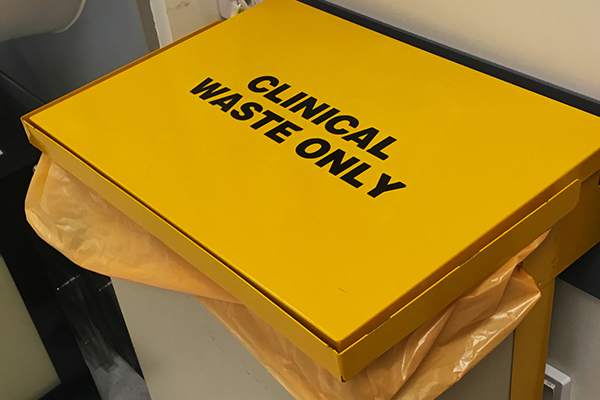
Clinical waste consists of waste that has come from healthcare activities and can pose a risk to public health or the environment if not disposed of properly. It must be handled and collected under controlled conditions and should not be disposed of with any other wastes...

The removal of gloves may appear to be a simple task. However, when working in environments where cross contamination must be avoided and infection is a risk, it’s important the correct removal procedures are carried out...

Here, Brosch Direct breaks down how to put on disposable gloves to ensure you can go about tasks safely and with minimal risk. This step-by-step breakdown should reduce the likelihood of workplace incidents occurring and ensure your business is covered...
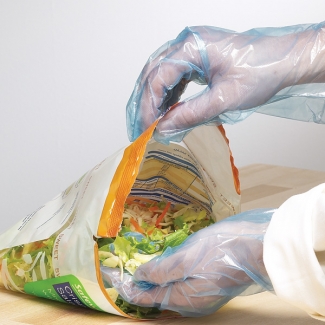
When selecting the right disposable gloves for the task at hand, there is a surprising amount you need to consider. Here we have broken down each type of disposable glove avalable, plus what each one is best for and why, into an easy to follow guide...
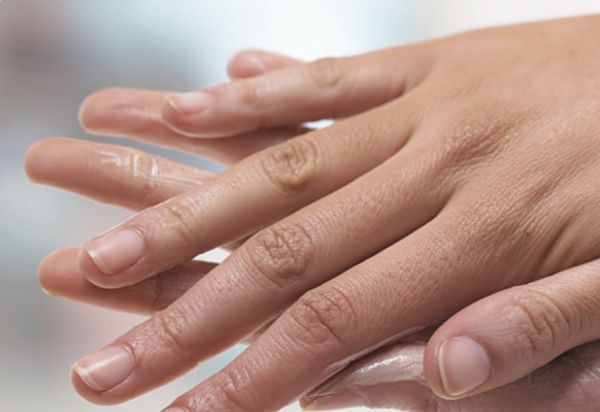
As part of our complete guide to hand hygiene we take a look at the final step – Hand Moisturising. The most important step in maintaining good skin condition.
After frequent washing and hand sanitising hands can become dry, sore and chapped over time. If skin is in poor condition this ultimately results in reduced levels of hand hygiene compliance. It is therefore vital to regularly replenish the natural oils lost from the skin with the use of hand creams and moisturisers...

For many of us, our hand washing technique may not perhaps be on top form – to maintain a high standard of personal hand hygiene in an environment where cross contamination must be kept to a minimum...
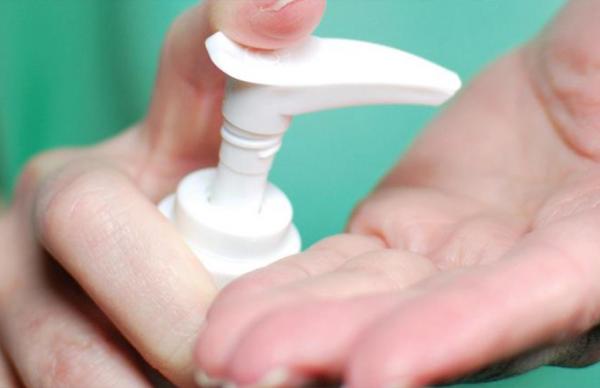
As part of our complete guide to hand hygiene we take a look at the second step – Hand Sanitising.
For those times when soap and water are not available, using hand sanitiser on your hands is the most effective way to kill many common germs and bacteria present on the skin. In healthcare environments, alcohol-based sanitiser is the preferred active biocide for skin sanitising without the need for rinsing...
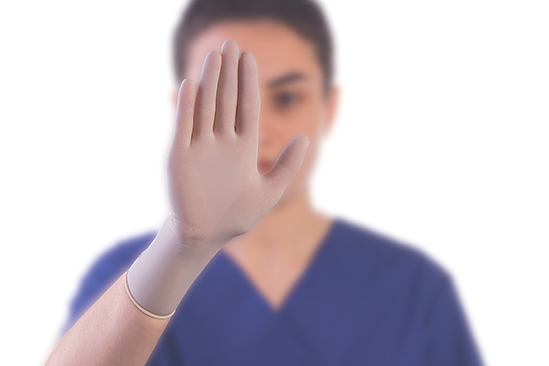
There is often a lot of confusion as to what medical grade disposable gloves you should be using. Here’s our simple guide to help make things a bit clearer...



